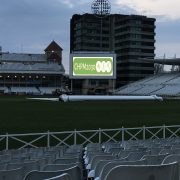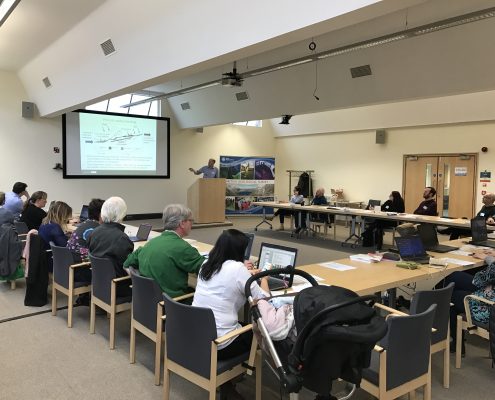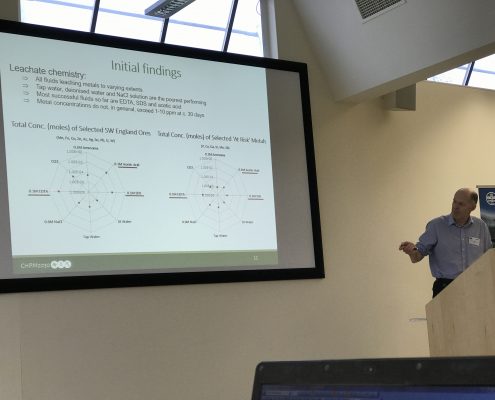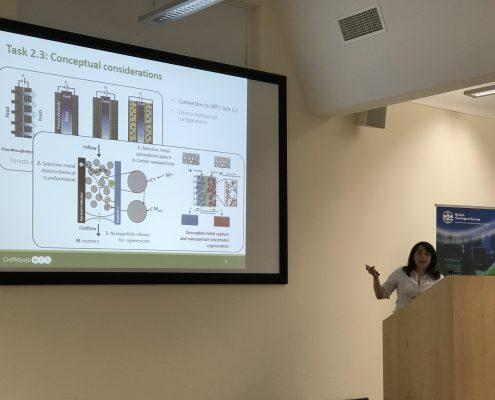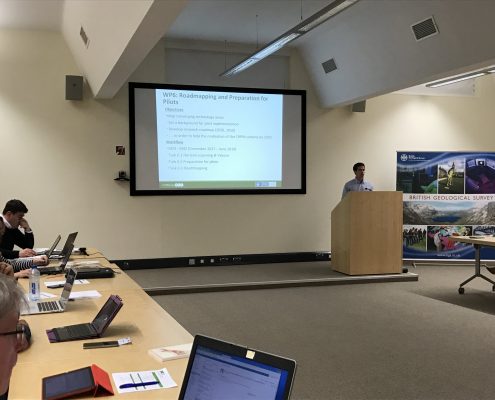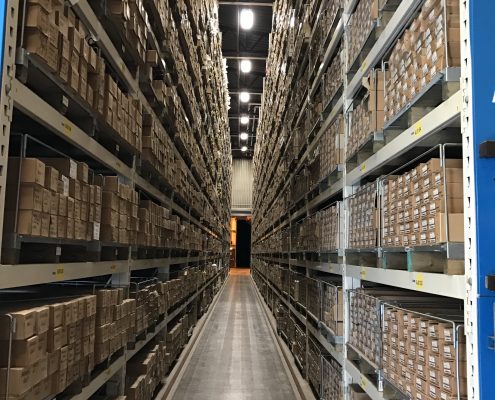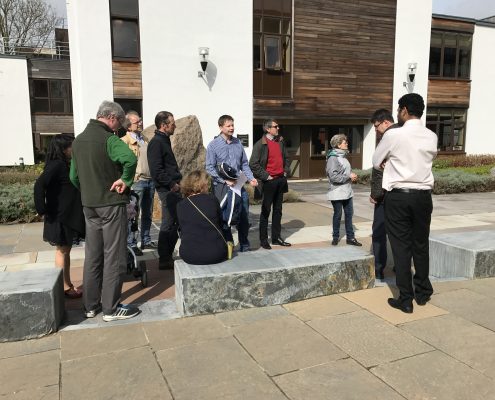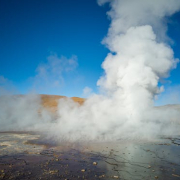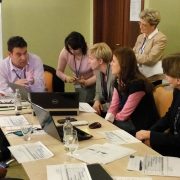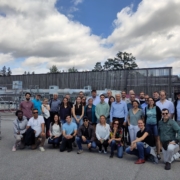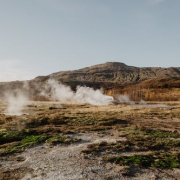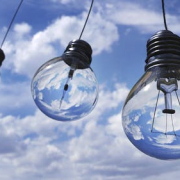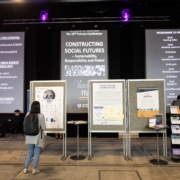3rd CHPM2030 consortium meeting, Keyworth, UK
The 3rd CHPM2030 consortium meeting was hosted by the British Geological Survey on the 28th and 29th of March in Keyworth, England. The objective of the meeting was to share and discuss recent developments in Work Package (WP) 2 – Laboratory experiments and orebody investigations, and WP3 – Metal recovery and electrochemical power generation. The meeting also provided opportunity to discuss project management issues, dissemination activities, recap the completed WP1 – Methodology framework definition, and take a glimpse at the upcoming WP4 – Systems integration, WP5 – Integrated sustainability assessment and WP6 – Roadmapping and Preparation for Pilots,

Group picture at the Geological Walkway
The meeting started with a welcome and presentation from Jon Busby (BGS) on the geology and geothermal settings of England. In the morning, the project coordination team from Miskolc (Éva Hartai, Tamas Madarász and Aranka Földessy) shared project management issues, reporting duties and a recap on the completed WP1. The rest of the day was focussed on WP2 and WP3. Both work packages are ongoing and consist of plenty of laboratory experiments and results to discuss. In WP2, BGS has been investigating the fluid-orebody sample interaction, integrated reservoir management, and metal content mobilisation with nanoparticles. In WP3 the focus was on solutions on how to recover metals using high temperature and pressure geothermal fluid electrolysis by a self developed reactor from KU Leuven. WP3 presentations also covered initial findings from metal recovery from geothermal brines from Iceland, Cornwall and Belgium. The last topic in the session was the potential use of salinity gradient power from pre-treated geothermal fluids with reverse electrodialysis. The day finished with a comprehensive talk on the geology and history of mining in Southwest England by Chris Yeomans (BGS).
During day 2, the upcoming work packages were introduced by the work package leaders: WP4 – Systems integration, WP5 – Integrated sustainability assessment, and WP6 – Roadmapping and Preparation for Pilots. During the afternoon WP7 – Dissemination and WP8 – Project management were also discussed, during which Lisa Delmoitiez (EFG) shared dissemination insights on the project website, brochures, social media presence (Twitter, Facebook, LinkedIn) and more.
The consortium visited the state-of-the-art laboratories at BGS (SEM and hydrothermal laboratories) where the WP2 experiments are running. The partners also took part in a guided tour along the Geological Walkway, covering geological ages with rocks from across Great Britain.

